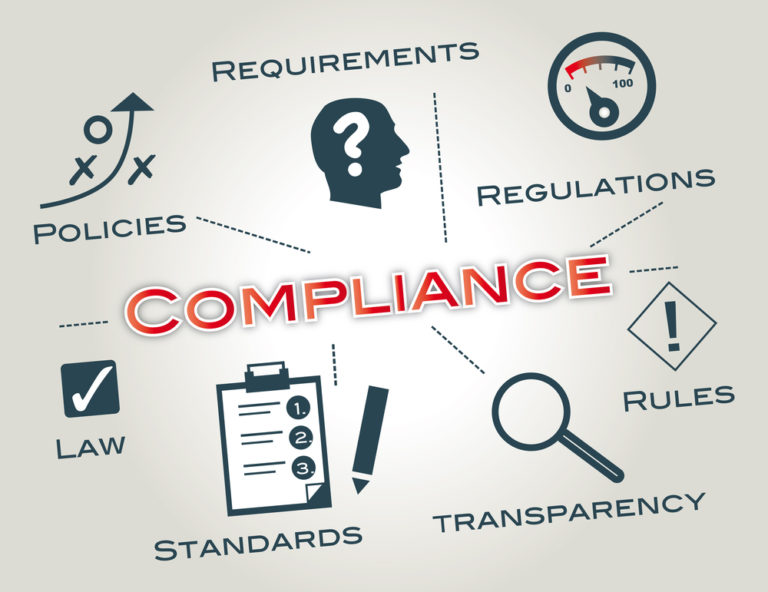The importance of a crypto exchange license

Obtaining a crypto exchange license is becoming increasingly important for businesses looking to operate in this space as it ensures compliance with regulatory requirements and provides legitimacy to investors. The crypto industry has gained a lot of attention in recent years.

However, it is still largely unregulated. This lack of regulation and licensing has made the industry vulnerable to fraudulent activities, hacking, and money laundering. Therefore, obtaining a crypto exchange license is crucial to ensure that the business operates legally and ethically.

Licensing provides credibility to the business and instills trust in customers. It also ensures that the exchange complies with anti-money laundering (AML) and know-your-customer (KYC) regulations, preventing illegal activities in the industry.
Procedure of obtaining a crypto exchange license
Obtaining a crypto exchange license provides numerous benefits for the business and its customers. Firstly, it ensures compliance with regulatory requirements, which enhances transparency and credibility of the exchange. Secondly, it allows for the legal exchange of fiat currency to cryptocurrencies, expanding the market reach and attracting more customers. Thirdly, licensed exchanges gain access to banking services that are crucial for smooth operations. Finally, obtaining a license protects against legal penalties and reputational damage associated with non-compliance with regulations. Overall, a crypto exchange license is essential in establishing trust and legitimacy in the cryptocurrency industry.

The application process for a crypto exchange license
The application process for a crypto exchange license varies by jurisdiction, but typically involves extensive documentation and compliance with regulatory requirements. This includes submitting detailed business plans, financial statements, and security protocols.

Background checks on key personnel may also be conducted. In some cases, applicants must demonstrate proof of sufficient capital reserves and insurance coverage.

The process can be time-consuming and costly, with fees ranging from thousands to millions of dollars depending on the jurisdiction. However, obtaining a license provides credibility and legitimacy to the exchange, allowing it to operate legally and attract more customers and investors.
The main requirements for operating a crypto exchange
In order to obtain a license for operating a crypto exchange, compliance with several regulations and requirements is necessary. These include measures to prevent money laundering, such as Know Your Customer (KYC) and Anti-Money Laundering (AML) policies. The licensed exchange must also adhere to data protection laws and ensure the security of user funds.
Additionally, regular audits and reporting to regulatory bodies are mandatory. Failure to comply with these regulations can result in hefty fines or revocation of the license, making compliance an integral aspect of operating a licensed crypto exchange. Obtaining a crypto exchange license has significant future implications. Firstly, it provides legitimacy and credibility to the exchange, which can attract more customers and increase trading volume.
Secondly, it ensures compliance with regulatory requirements and reduces the risk of legal issues. Thirdly, it opens up opportunities for partnerships with traditional financial institutions and integration into existing payment systems. Lastly, a licensed crypto exchange is more likely to receive institutional investments and venture capital funding, which can fuel growth and expansion into new markets.

